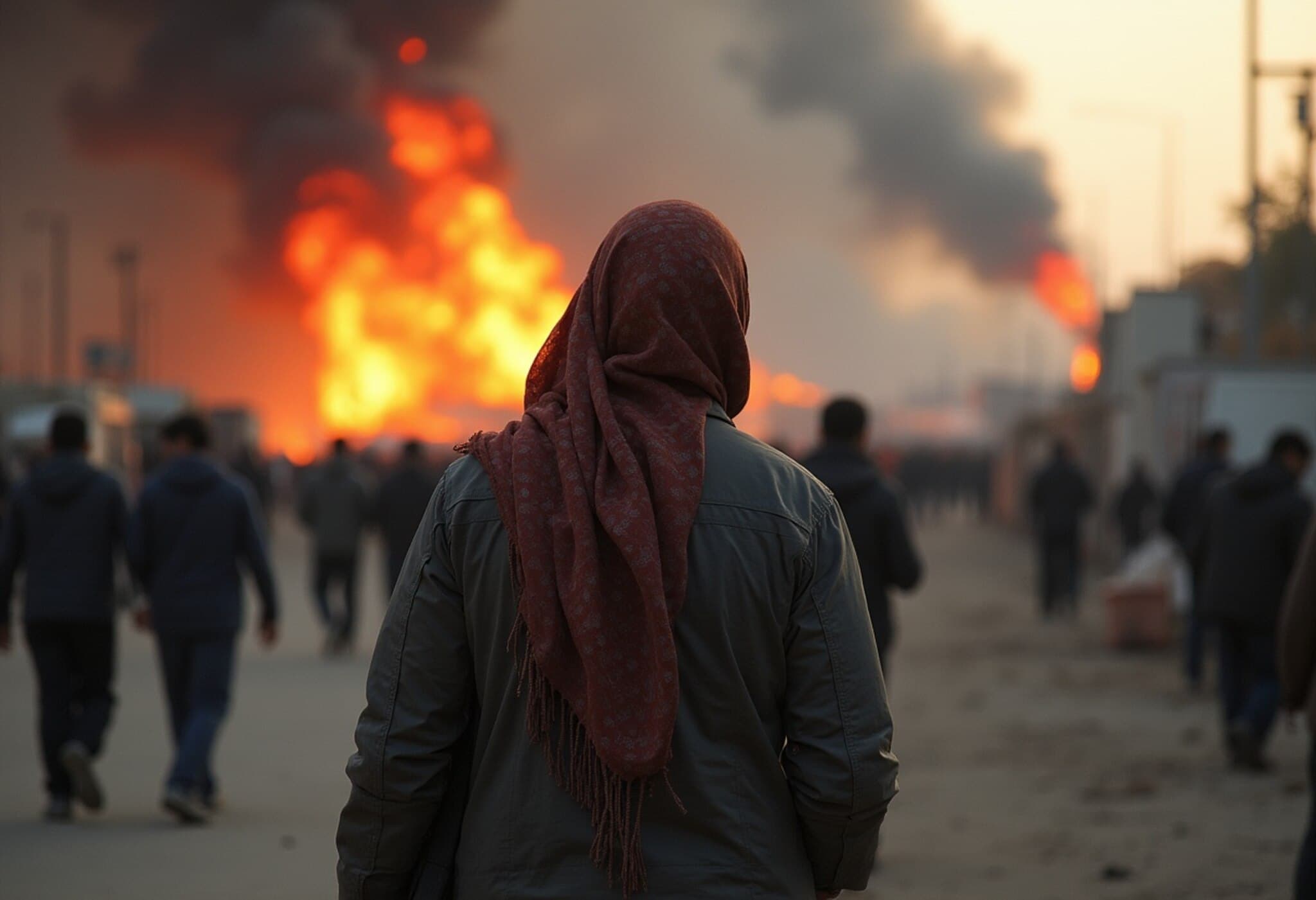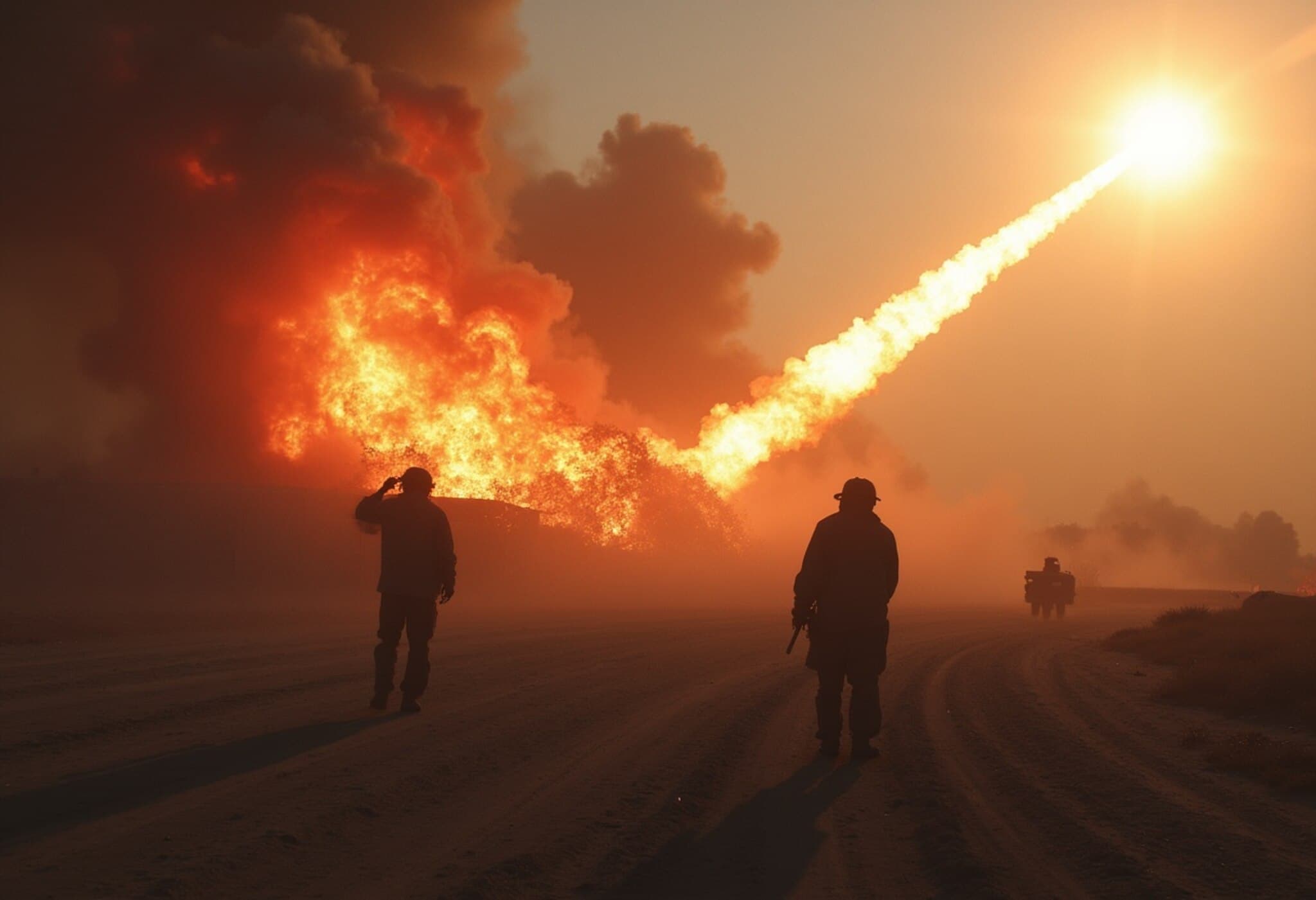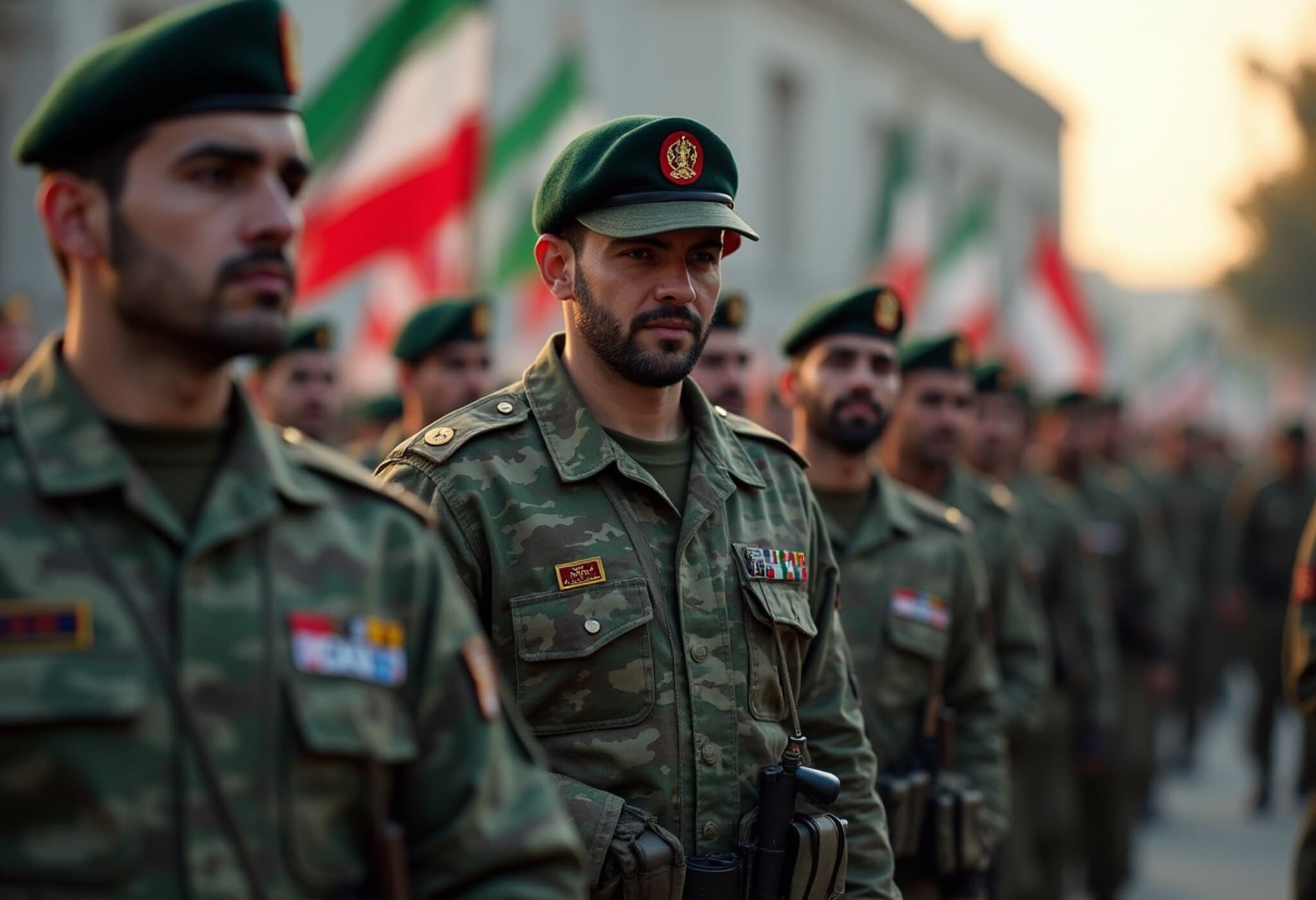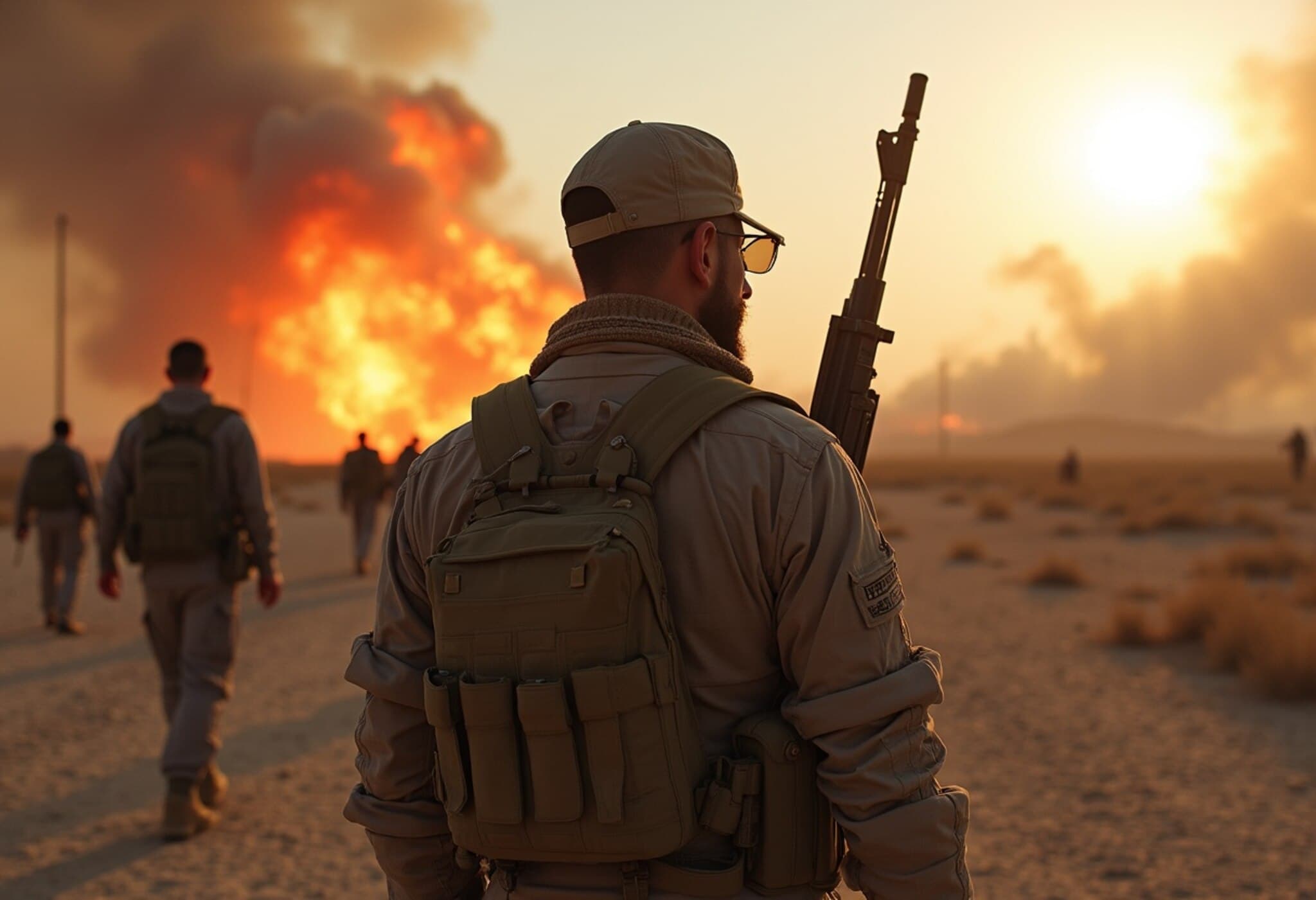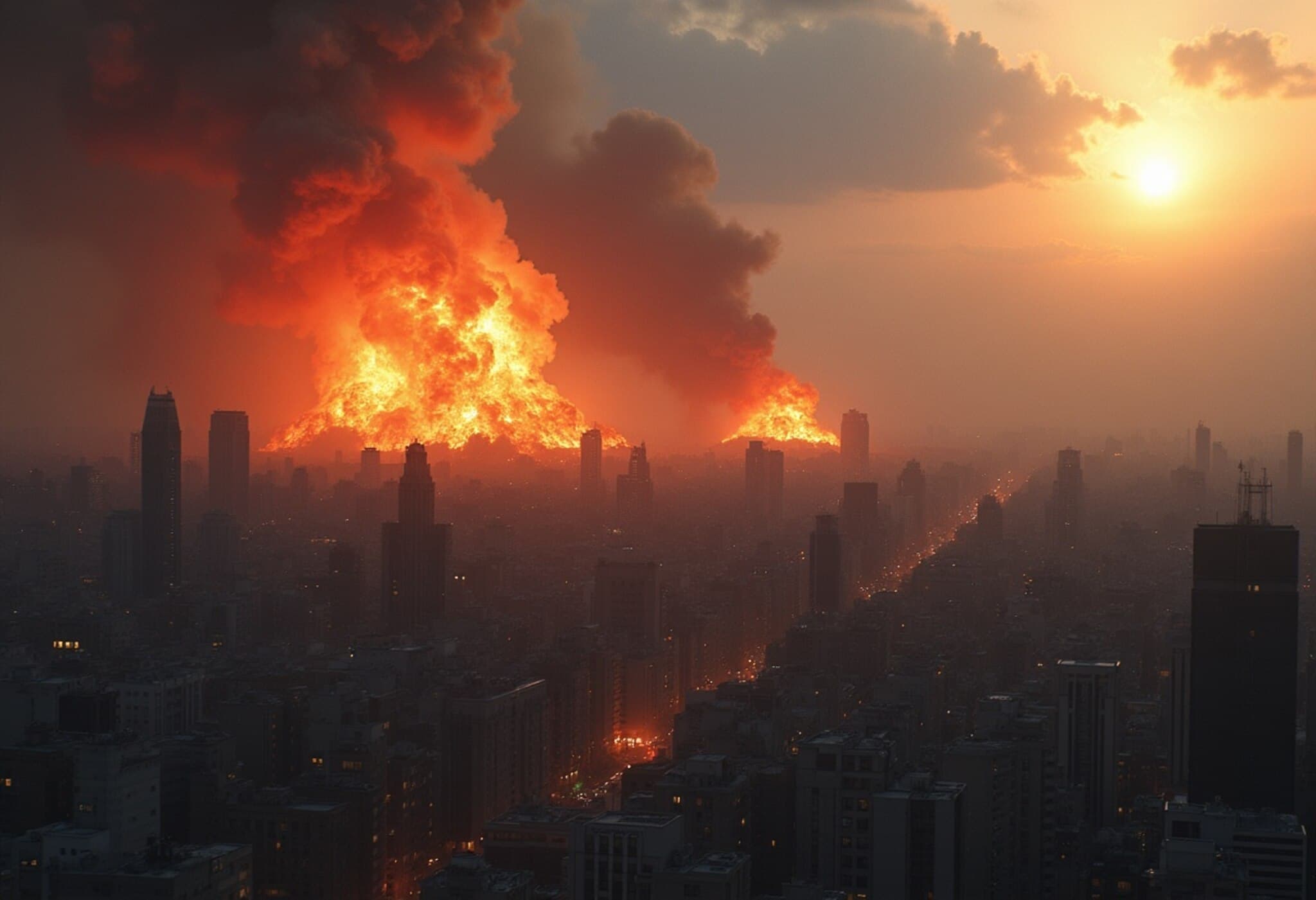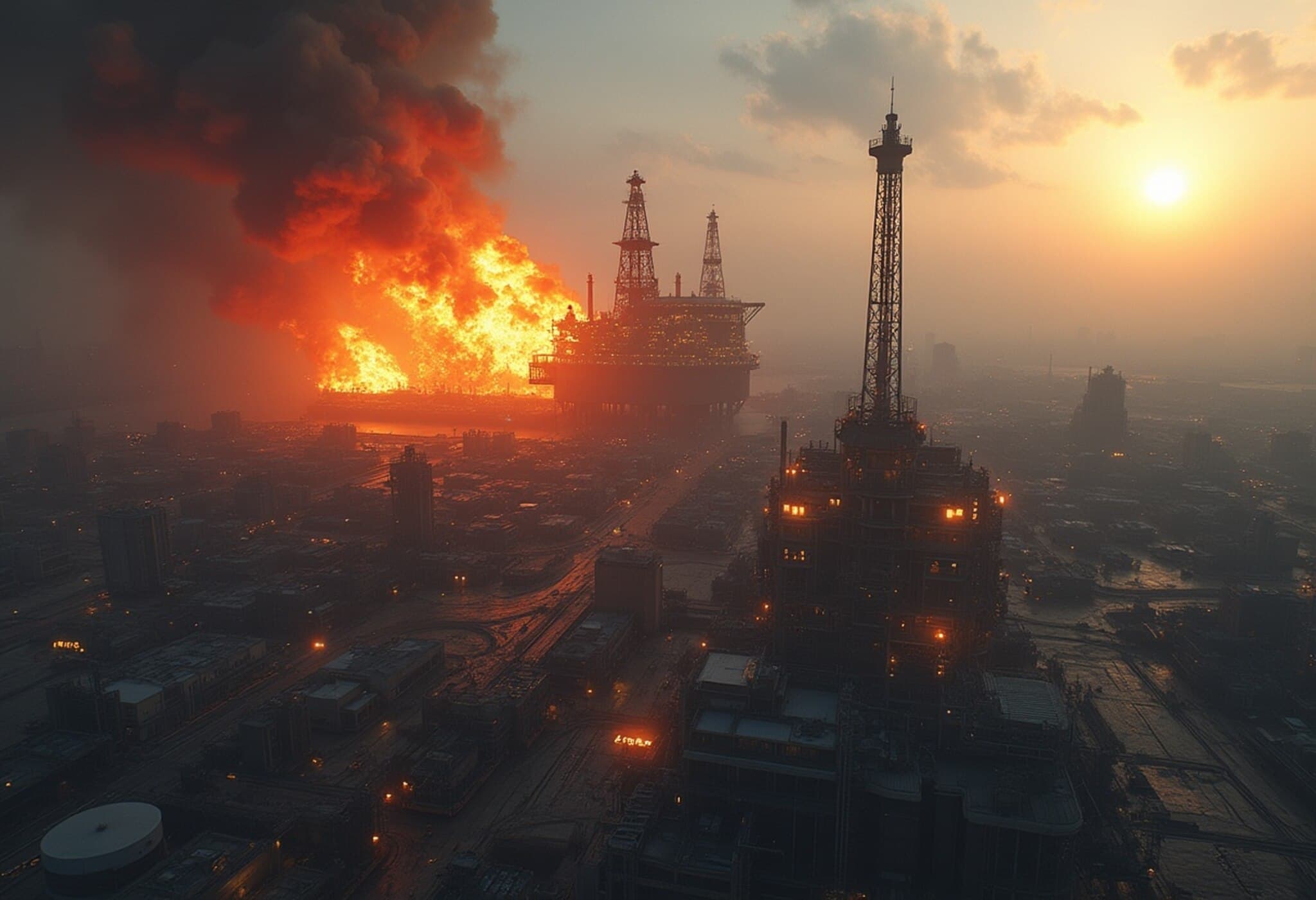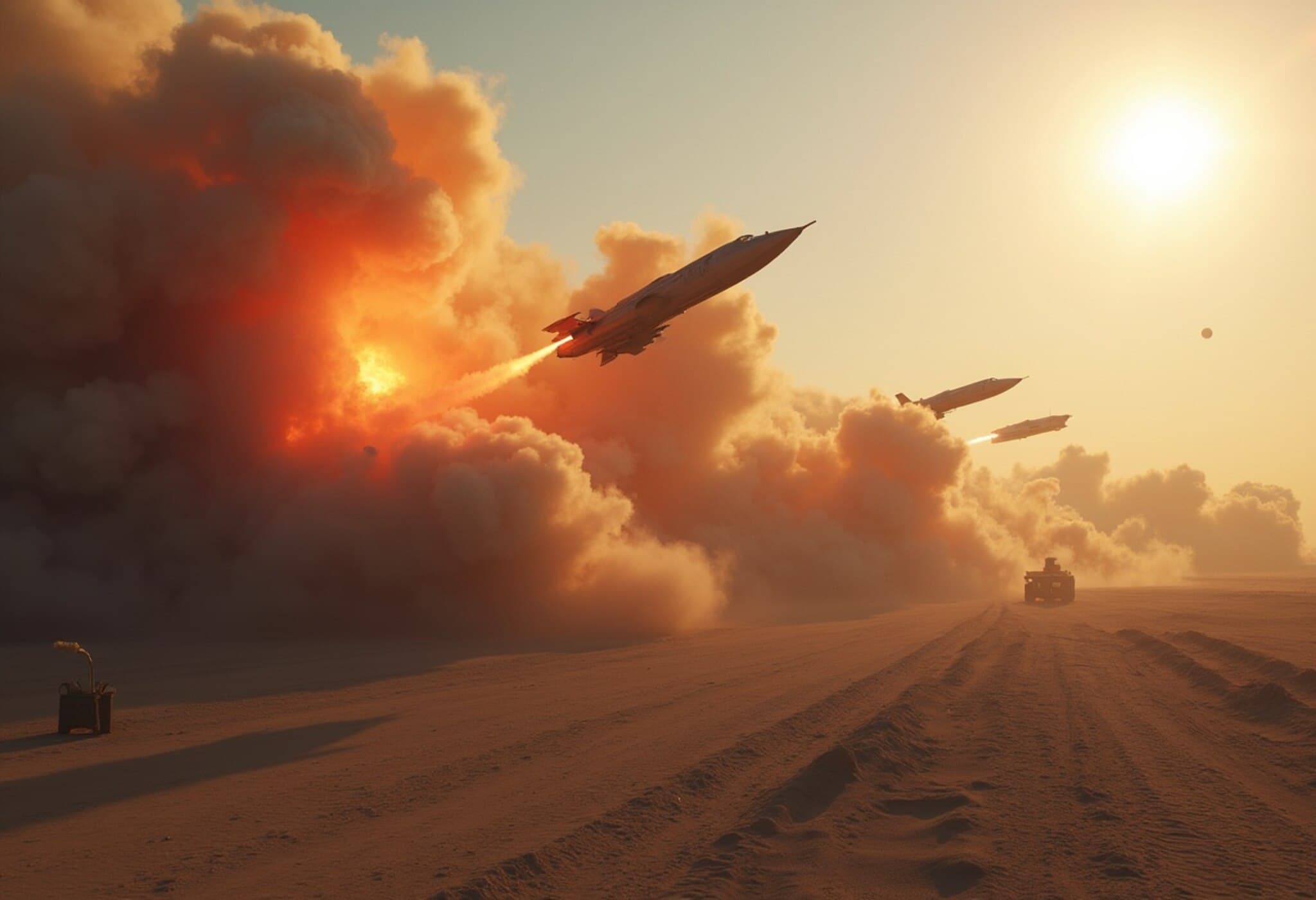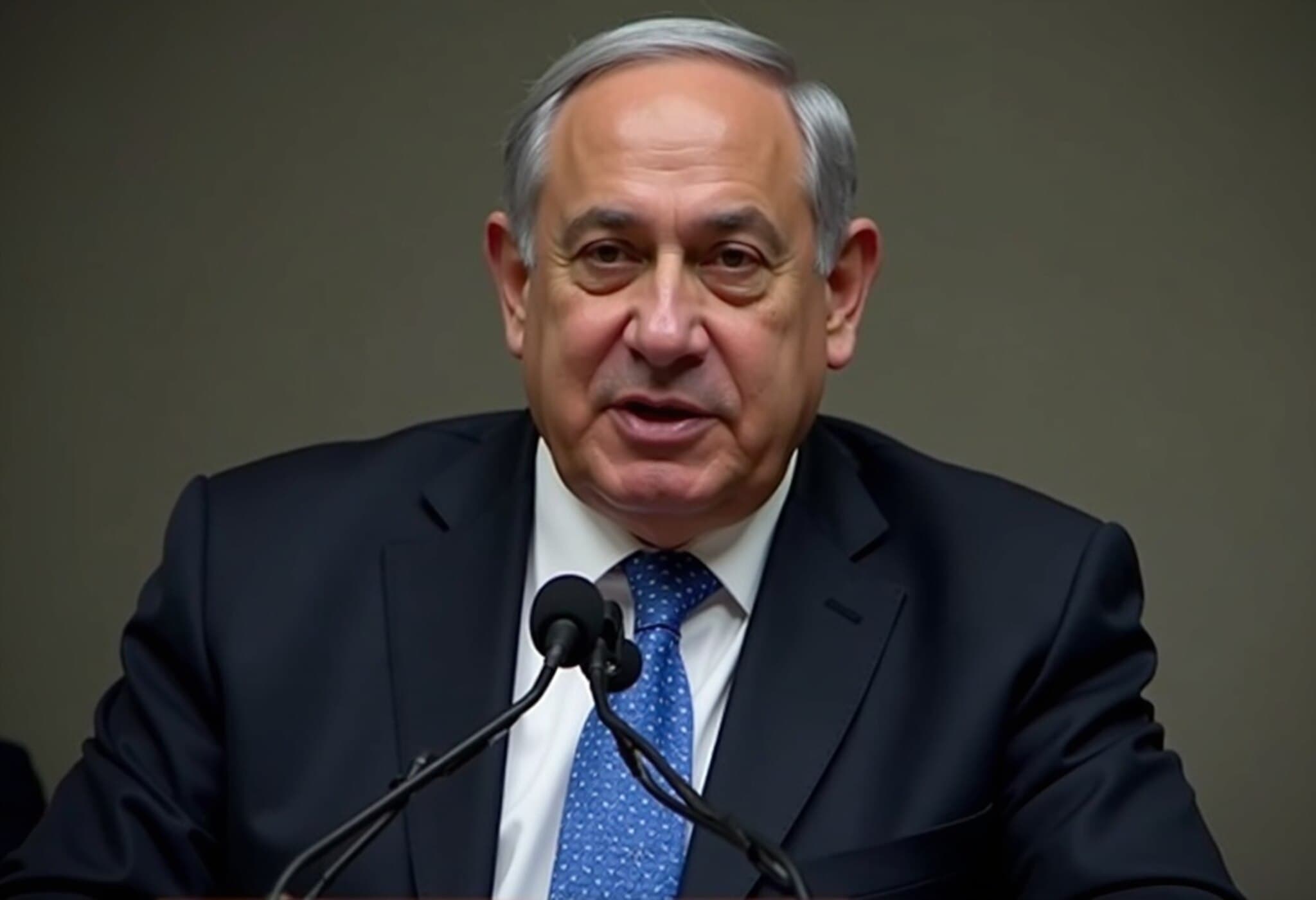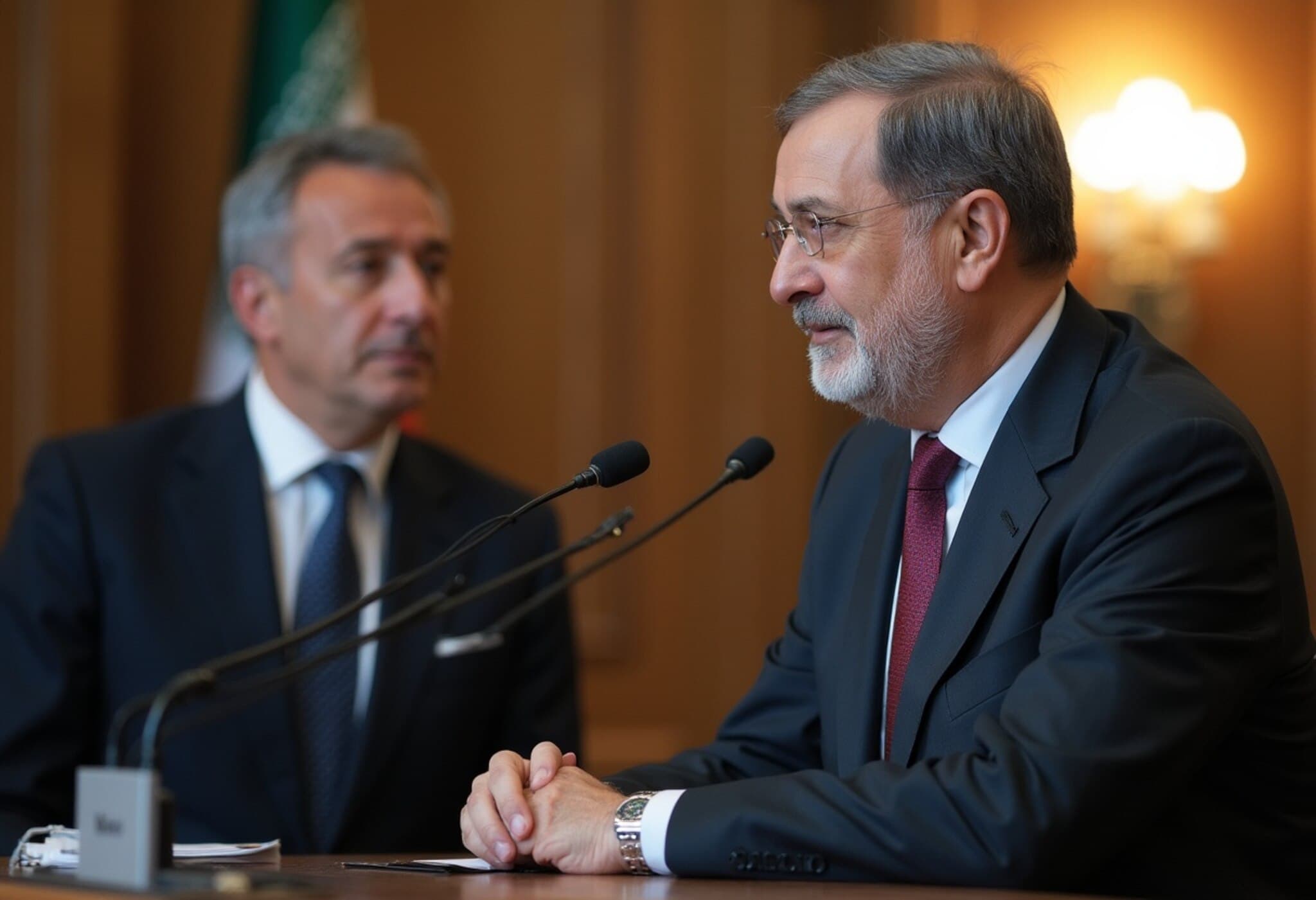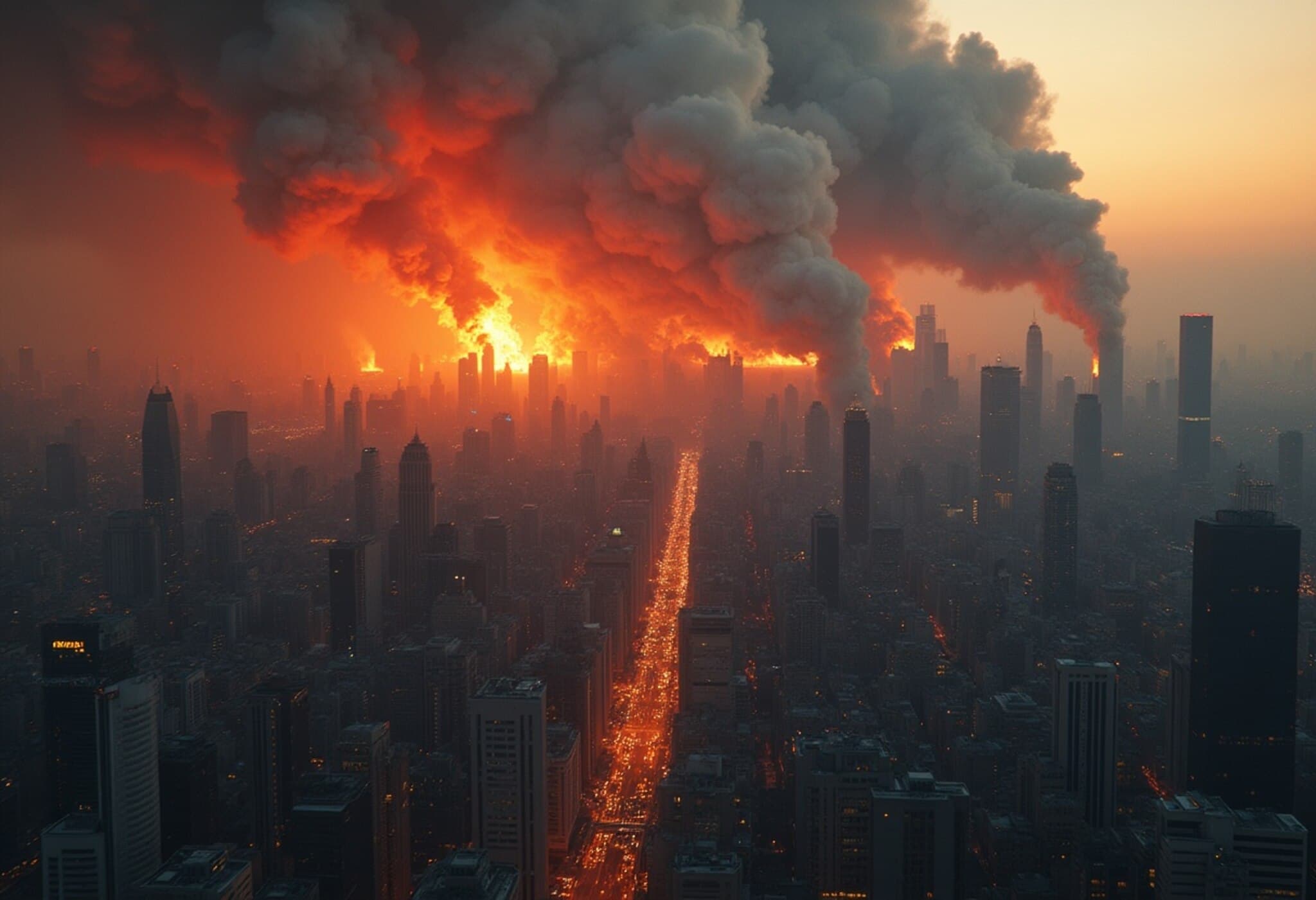A Nation Under Siege: Daily Life Disrupted by Unrelenting Bombings
Across Iran, the ongoing exchanges of strikes between Tehran and Israel have plunged ordinary lives into a state of fear and uncertainty. For many, the shadow of war looms large and inescapable.
A 58-year-old father from Tehran captured the alarming sentiment: "This is war. No one really understands what that means until it hits close to home."
Communications Strained, Access Limited
Amid the turmoil, communication with the outside world has become increasingly challenging. Internet connectivity is sporadic, while phone lines falter under pressure. Independent access via Starlink terminals remains a privilege limited mostly to affluent activists. Many interviewed asked to remain anonymous, wary of government repercussions.
Economic Strains Amplify Daily Hardships
Despite shops staying open, financial constraints weigh heavily on Iranians. In Shiraz, queues snake outside banks where staff struggle to meet withdrawal demands. In Tehran, some stores extend credit as accessing funds from local banks like Sepah Bank grows difficult. A Tehran resident lamented, "Gasoline is useless; we have nowhere to flee beyond the city."
The Human Cost of Conflict
A 27-year-old conscript soldier described an eerie feeling of being relentlessly pursued: "It’s like a missile is following me. Wherever I go—Karaj or Tehran—bombs fall." Bound by military restrictions, he cannot keep up with news that might prepare him for what’s next.
From Shiraz, a hairdresser expressed a profound sense of helplessness: "We watch the images, the videos. Lives are lost, and our country is being ravaged." Another remarked on the daunting task ahead: "Rebuilding could take decades, and the burden will fall squarely on us."
Death Toll and Targeted Strikes
Officials report that the ongoing conflict has already claimed more than 200 lives. Israeli strikes primarily focus on military and nuclear facilities, though Iran accuses them of hitting civilian energy and digital infrastructure as well.
Varied Perspectives Among Iranians
Opinions differ on the legitimacy of the conflict. A nurse from Mashad voiced frustration: "We are paying the price for a dictatorship’s arrogance." Meanwhile, a student in Shiraz expressed support for the sacrifices made: "I’m genuinely hopeful; it’s worth it for future generations."
Rising Tensions and Defiance Amid Global Rivalries
As tensions escalate, speculation about U.S. involvement has surfaced, particularly following comments from former President Donald Trump hinting at American aircraft joining the fray. Iran’s Supreme Leader rejected calls for surrender, warning that any U.S. intervention would backfire.
Patriotism intensifies across the country. A 78-year-old mosque caretaker in Isfahan reflected, "Having lost a son in the Iran-Iraq War, I’m ready to stand against America and Zionists again." Flags flutter from car windows as many brace for a prolonged struggle.
In Mashad, a university student succinctly put it: "Now that Trump has come this far, there's no turning back. They don’t let a wounded bear go free."

